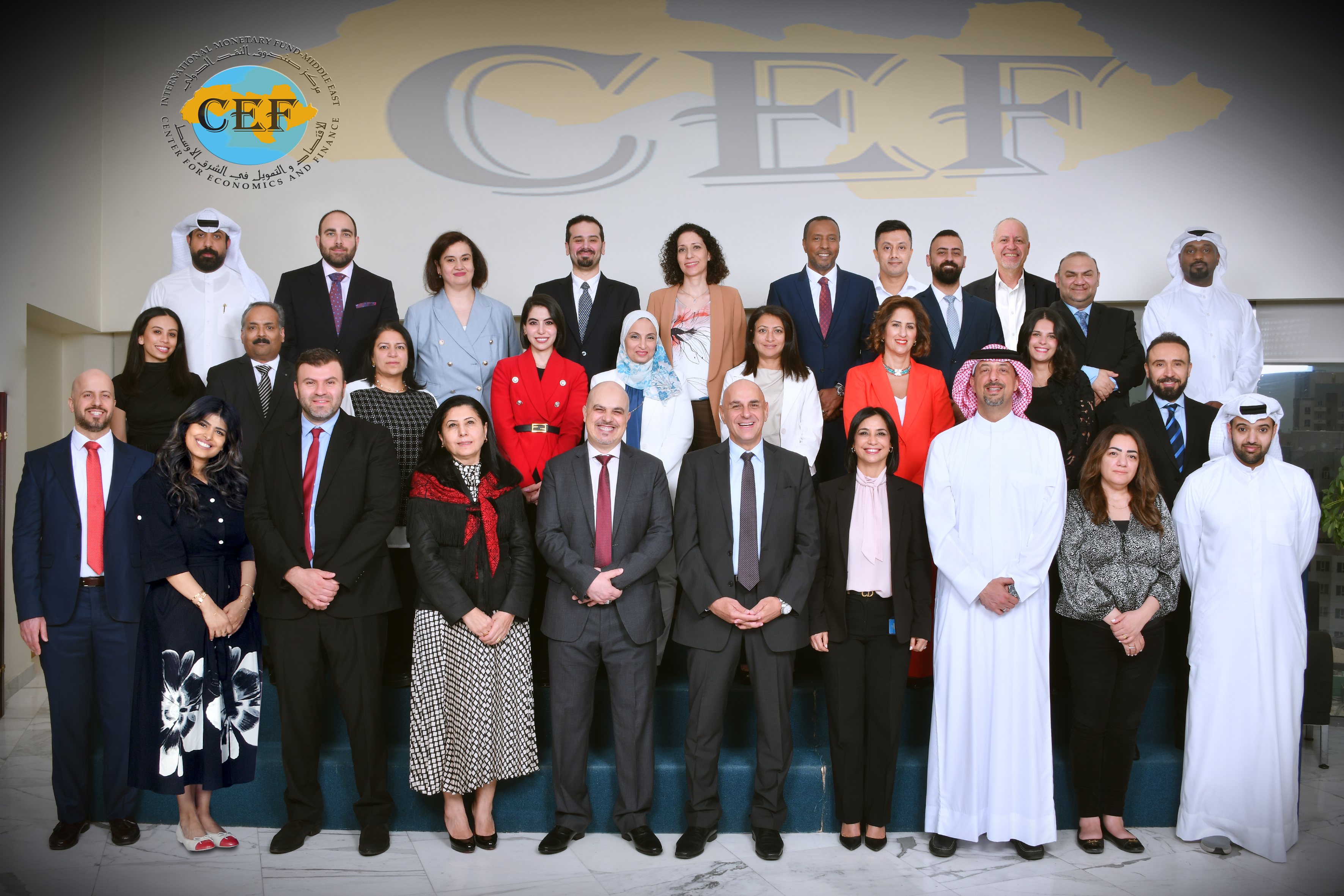Mission Statement

CEF Mission Statement
1. The International Monetary Fund’s Middle East Center for Economics and Finance (IMFCEF)—hereinafter referred to as the CEF for short—is the IMF’s regional training center for all the 22 Arab League countries, hosted and funded by the State of Kuwait. CEF is part of a global network of the IMF’s 17 Regional Capacity Development Centers (RCDCs). It started operations in 2011 and was officially inaugurated in 2014.
2. Vision. CEF provides economics training and advances leaders in each of its member countries to raise the capacity and quality of economic policy making, pursuing excellence in macroeconomics and finance, to ultimately raise the quality of life for people in the region.
3. Mission. CEF delivers hands-on economic policy-oriented training courses tailored to help its member countries strengthen their human, institutional, and technical capacities. The overarching objective is to support countries as they seek to design and implement macroeconomic and financial policies needed to address their economic challenges and promote high, sustainable, and inclusive growth. The Center also organizes conferences and seminars to discuss cutting-edge and emerging policy topics.
4. CEF covers a diverse base of countries—resource-rich oil exporters, middle income and emerging economies, low-income countries, and fragile states. The Center’s training program aims to address the specific needs of the various member countries subgroups, more than one-third are classified by the IMF as Fragile and Conflict-Affected Sates (FCS).
5. CEF collaborates with bilateral and multilateral partners as well as country authorities from across the region. CEF partners include Arab Monetary Fund (AMF), Bank Al-Maghrib (BAM), the IMF’s Middle East Regional Technical Assistance Center (METAC), the Organization for Economic Cooperation and Development (OECD), the World Bank (WB), and the World Trade Organization (WTO).
6. CEF provides a regional approach to capacity development to better tailor support to regional priorities. In doing so, the Center coordinates very closely with stakeholders on the ground, aligns its training program with policy needs of member countries, and fosters peer-to-peer learning. Regional delivery of training has added advantages in terms of sharing of country experiences and building cross-country networks of CEF alumni that are invaluable in developing regional approaches to common issues.
